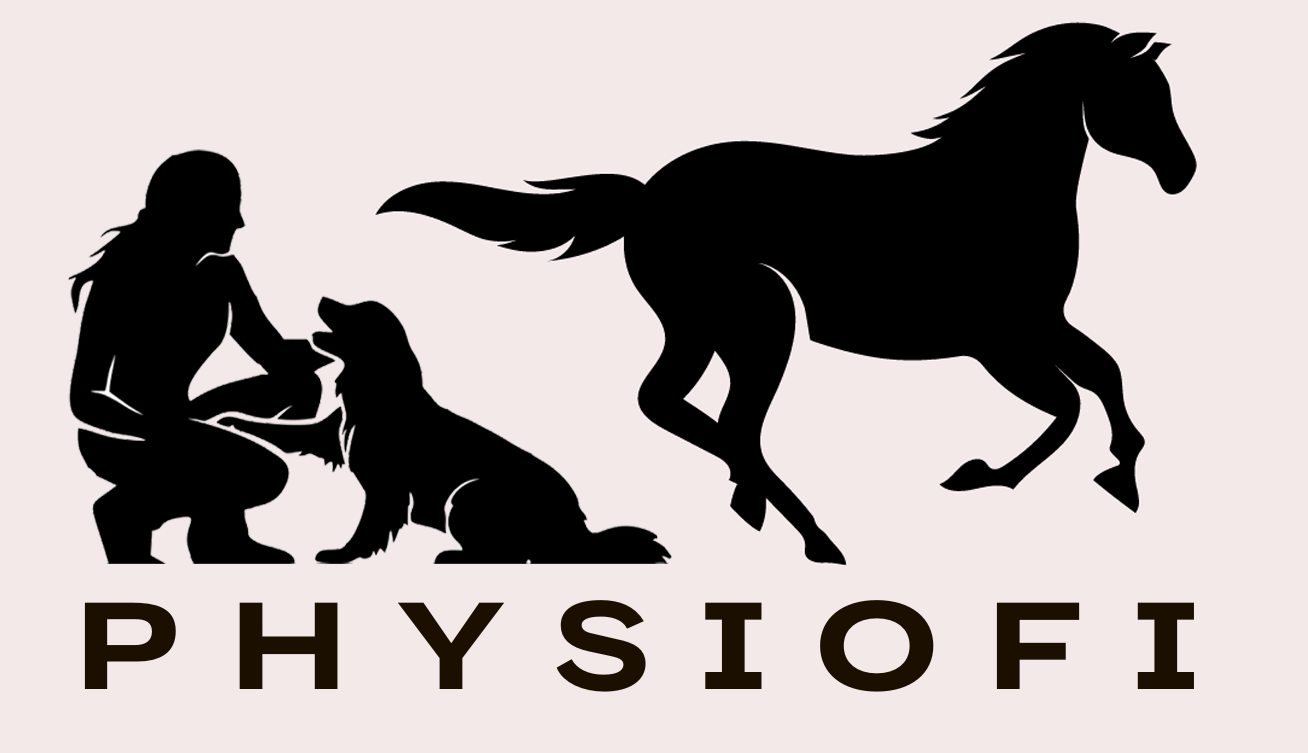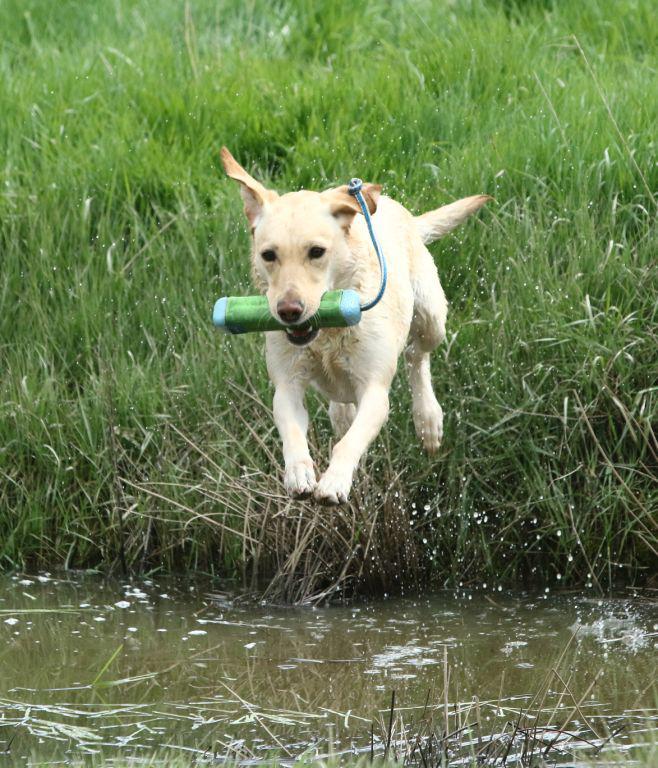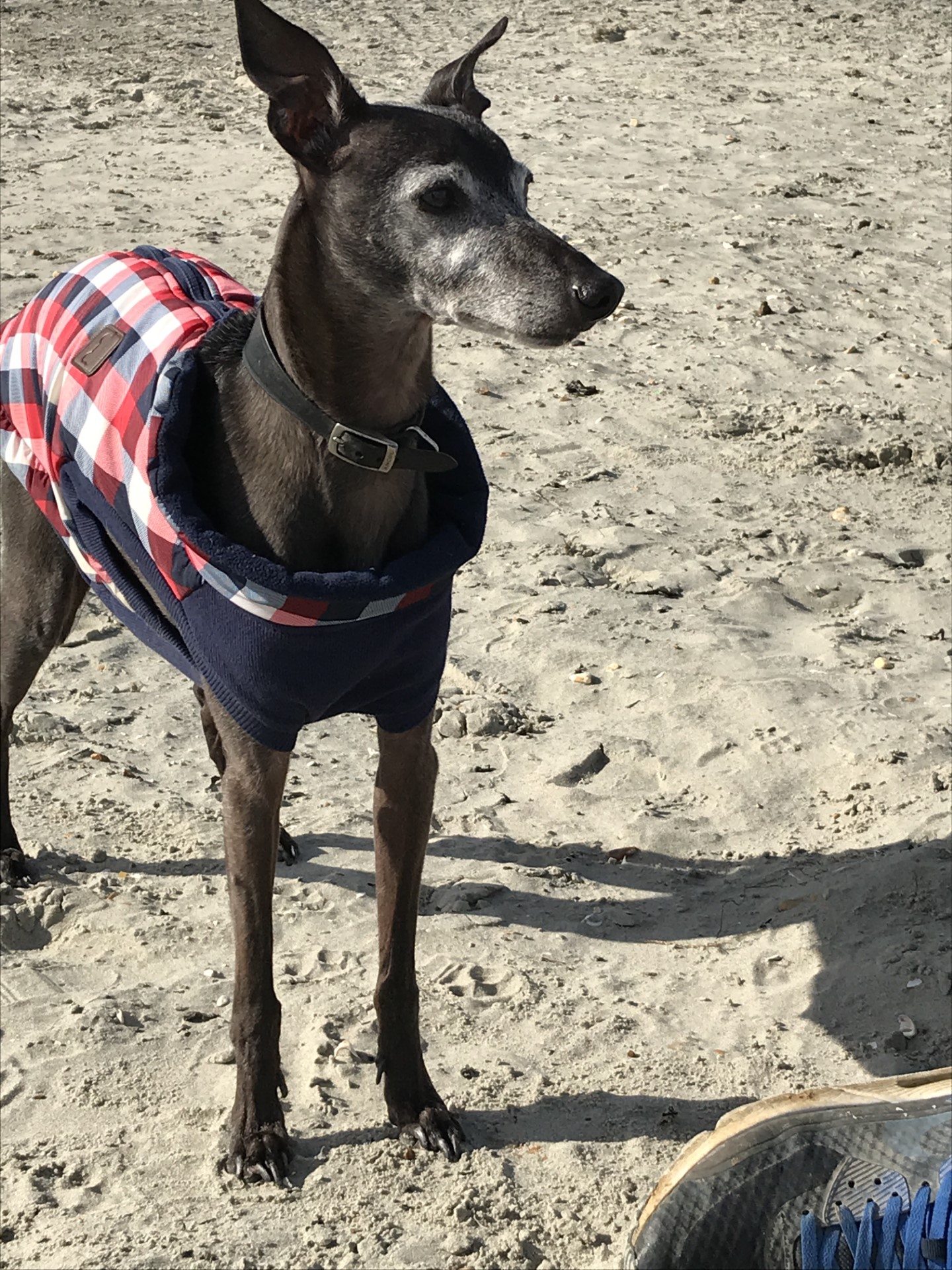Whether it’s an agility dog, a working dog or simply your best friend, PhysioFi can help your canine companion. Just like us, our pets can get injured from running, jumping, playing, not paying attention, or simply from old age creeping up. In these cases, physiotherapy can greatly assist in rehabilitation or slowing degeneration. We focus on pain management, muscle strengthening, mobility, and gait re-education. This helps your pet return to its maximum functionality as soon as possible!
Physiotherapy could also benefit your furry friend if they are about to or have undergone surgical intervention. Pre- and Post-op physiotherapy is far more common in the veterinary sector, particularly for orthopaedic surgery such as hip/elbow dysplasia, cruciate repairs, amputations, and spinal decompressions.
Even severe neurological conditions can be treated through physiotherapy as muscle stimulation, gait re-education, strengthening and proprioceptive work can improve neural pathways and appropriate splinting and exercises may prevent permanent contractures or muscle shortening.
It’s a complex and daunting list. And sadly, as our pets can’t talk, it’s hard to know what’s wrong with them when they become unwell and even more difficult to know if physiotherapy is the answer!


